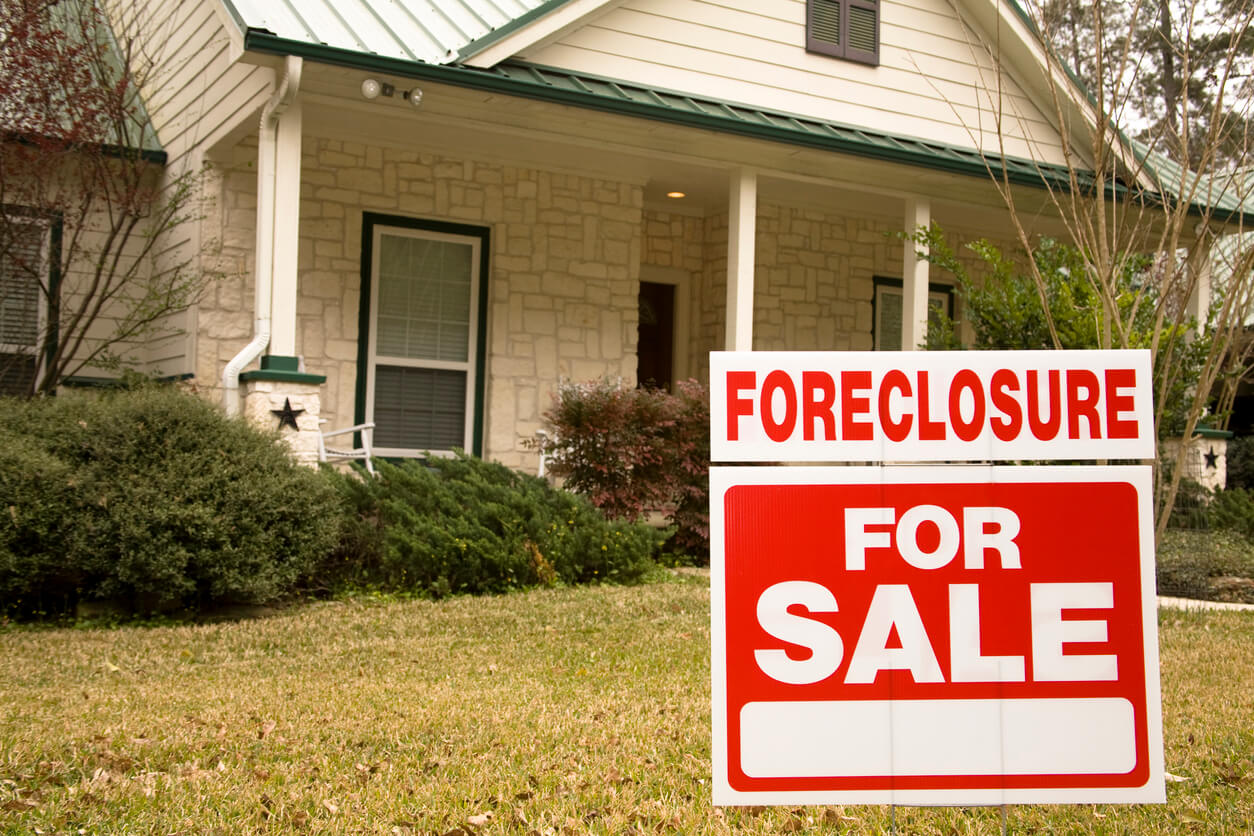A foreclosure sale of your home is devastating. On top of financial difficulties, the loss of a home is most likely one of the toughest blows to take. Unfortunately, foreclosure sales do happen. Lenders sell off foreclosed upon property in order to try and recover some or all of the money that is owed on a mortgage. While it is a scary time to be in the midst of having your house sold at a foreclosure sale, know that you may still have options. Even in the event that your home has already been sold at a foreclosure sale, you may still be able to have the sale invalidated.
Reversing a Foreclosure Sale
Yes, you can reverse a foreclosure sale. The sale of your home may be invalidated. It can be an uphill battle, but the fight for your home can be well worth it. The actual process for having the foreclosure sale set aside will depend on whether the sale was through a judicial or non-judicial foreclosure. In a judicial foreclosure, the lender forecloses through the state judicial system. A homeowner in this type of foreclosure may assert wrongful foreclosure in the already pending court case. In a nonjudicial foreclosure, the homeowner will usually need to file a lawsuit in state court in order to pursue the reversal of a foreclosure sale.
Certain circumstances warrant the invalidation of a foreclosure sale. Generally speaking, in order for this to happen, the homeowner must be able to show something like there was an irregularity in the foreclosing process that would render the sale void pursuant to state law. Alternatively, the homeowner may assert that the lender failed to comply with the terms of the mortgage or that the sale price on the foreclosed-upon property was so inadequate as to “shock the conscience.”
There are state statutes that are specific about the procedures that must be followed during foreclosure. Should a lender or loan servicer fail to comply with state statute, the irregularity could substantiate the reversal of a mortgage foreclosure sale. An irregularity in the foreclosure process may be something like the loan servicer failing to send notice to the borrower. Any failure to comply with state foreclosure laws has the potential to invalidate a foreclosure sale.
Alternatively, a lender’s failure to comply with the terms of the mortgage contract may also serve as grounds for the reversal of a foreclosure sale. This requires a thorough review of the mortgage contract terms. Often in mortgage contracts, there are requirements that the loan servicer must observe. The borrower has rights under the contract that must be honored. For example, the lender may be required to send a breach letter to the borrower which grants them a 30-day window in which to cure a default prior to initiating a foreclosure procedure. Failure to send such a letter may act as grounds to reverse a foreclosure sale.
A foreclosure sale may also be invalidated if the sale price was so low that it would “shock the conscience.” This is a high threshold to meet. Oftentimes, you will need circumstances in addition to a shockingly low sale price to push the court to invalidate a foreclosure. Proof of the unfairness of the sale price would help. For instance, a lender may have gone on to resell the foreclosed-upon property at a much steeper price immediately following the foreclosure sale.
Wrongful Foreclosure Attorney
Lenders and mortgage loan servicers are obligated to follow strict procedures when foreclosing on a property. The Law Offices of Bryce Cook work to hold them accountable for their errors as we fight for you to keep your home. Contact the Law Offices of Bryce Cook today.

